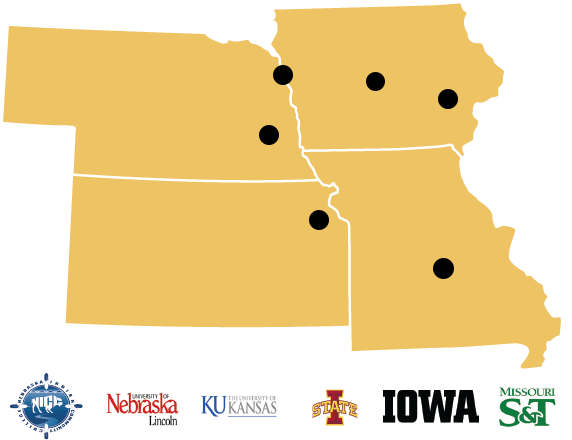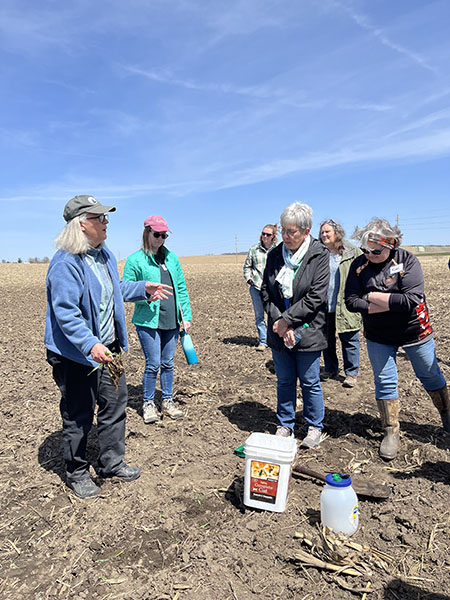About
The COLEARN team is based at the University of Iowa and other academic partners include Iowa State University, Missouri University of Science and Technology, Nebraska Indian Community College, University of Kansas, and the University of Nebraska-Lincoln. Our work is federally funded by the National Oceanic and Atmospheric Administration (NOAA) and began on September 1, 2023. We are one of the regional NOAA Climate Adaptation Partnership (CAP) teams.
The NOAA CAP Program aims to advance local resilience to weather-related hazards through sustained regional research and community engagement. Co-production of actionable knowledge and relationship building are key components. These should lead to improvements in information, support, and decision-making tools that increase capacity and foster partnerships.
COLEARN is an interdisciplinary team with expertise in Climatology, Community Engagement, Environmental Monitoring, Collaborative Storytelling, Hydro science, Anthropology, and Engineering. We partner with the Regional Climate Centers, the Climate Adaptation Science Centers, USDA Climate Hubs, and the State Climate offices.



